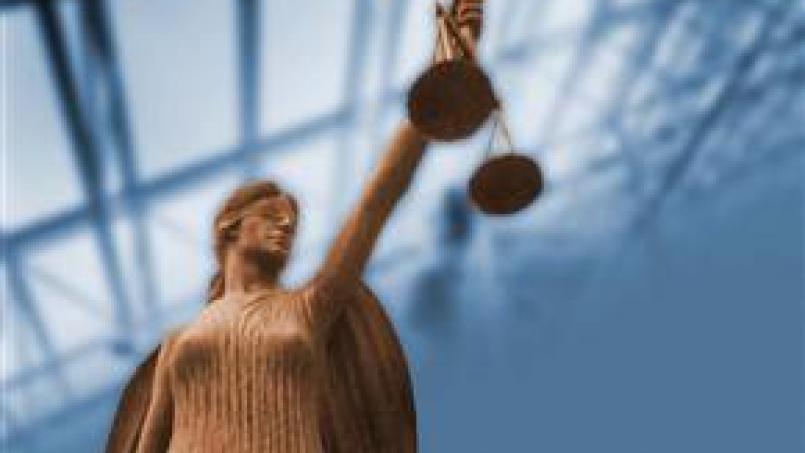
Vilardell pro bono counsel provide comments on case outcome
A few months ago, in Vilardell v. Dunham, the British Columbia Court of Appeal allowed an appeal by the Attorney General of British Columbia from the trial judge's decision to strike down hearing fees charged by the Crown in Supreme Court trials as unconstitutional.
Though the Respondents (all represented by pro bono counsel) failed to convince the Court that hearing fees are unconstitutional because they impede effective access to the courts for litigants of modest means, the decision did yield an enlarged interpretation of the indigency exemption to paying all court fees in family law cases.
The recently endorsed Order states that the phrase "in need" is to be read into the Rule 20-5(1) fee exemption for family law litigants who receive benefits under the Employment and Assistance Act or the Employment and Assistance for Persons with Disabilities Act or who are "otherwise impoverished". The expanded exemption should assist pro bono counsel in pursuing important family law cases on behalf of low- and modest-income clients.
Jamie Maclaren and Ryan Parsons-- counsel for the Respondent (Plaintiff) Montserrat Vilardell-- provided these comments on the appeal outcome:
"First and foremost, our client was delighted to be finally granted relief from paying some $3,600 in accumulated hearing fees. For over four years, she lived with the daunting prospect of paying for fees that would essentially render her penniless as a single, immigrant mother. She now has peace of mind in knowing that her pursuit of greater care and custody of her daughter through the courts did not—in and of itself—jeopardize her ability to provide such care.
In the broader perspective, we were disappointed in the ultimate result on the constitutional issue raised on appeal. We had hoped that the Court of Appeal would give greater consideration and weight to the reasoning in Pleau v. Nova Scotia, where the Supreme Court of Nova Scotia declared hearing fees unconstitutional because they put an escalating price on court time and are purposefully designed to hinder or impede access to the courts. In our view, it is difficult to reconcile the Supreme Court of Canada’s 1988 decision in BCGEU v. British Columbia (Attorney General), confirming that every Canadian citizen has the fundamental right to unimpeded access to the courts, with the notion of Canada’s superior courts operating as a default user-pay system of justice, subject to an individual establishing an entitlement to an exemption from court fees.
We are pleased, however, that the Court of Appeal agreed with the trial judge that hearing fees have the potential to interfere with the court’s core judicial function and that the existing indigency exemption was under-inclusive. The Court’s constitutional remedy has enlarged the scope of the Rule 20-5(1) indigency exemption to include not just those who are “impoverished” but also those who are “in need”. The exemption is thus now available to anyone who could not meet their everyday expenses if required to pay court fees. Since the enlarged exemption applies to all court fees and not only hearing fees, we see this practical outcome as a significant step forward in access to justice for low- and middle-income litigants.
Finally, we were also pleased that the Court of Appeal explicitly recognized that the burden of hearing fees falls disproportionately on women in family litigation, Aboriginal persons, disabled persons and new immigrants, and notified such persons that the courts will not permit unaffordable hearing fees to obstruct their pursuit of justice.”